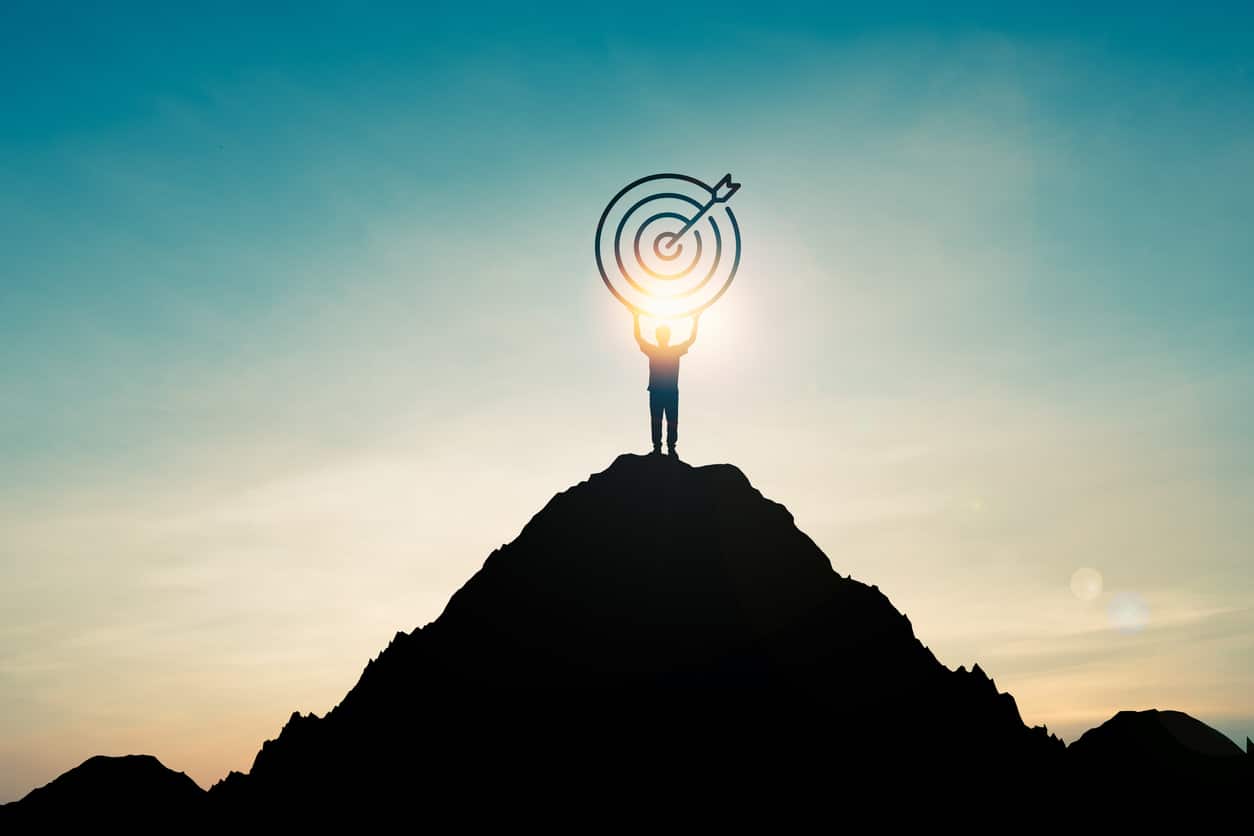Taking Care: The Importance of Individual and Collective Self-Care

“…learning to consciously extend ourselves to one another and call on one another’s strengths is a lifesaving strategy. In the best of circumstances, we require an enormous amount of mutually consistent support to be able to look straight into the face of the powers aligned against us and still do the work with joy. It takes determination and practice”
– Audre Lorde
The Power of Community
Self-care is so much more than an individual way of coping or something we each do on our own, like taking a long, warm bath. Although, warm baths are fantastic! To really take care of ourselves and one another, especially in these extraordinary times of collective stress, we must not forget the powerful impact of communal support and the role of self in the community. When we limit the notion of self-care to individualized strategies, we put the burden on individuals. And, when self-care is most needed, it can often feel like yet another thing to add to our never-ending “to-do list.”
Let’s instead think about self-care as a cycle that occurs at the individual, interpersonal and organizational levels. The ongoing pandemic has further illuminated the critical need for consolidated care during a time when collectively society is attempting to cope while often being physically distant. A very real consequence of not taking care of the collective is that we start to move further away from compassion satisfaction (the joy we get from doing our jobs) to compassion fatigue (feeling physically, emotionally and/or mentally worn out). Take a moment to watch the video below from Laura van Dernoot Lipsky, founder and director of The Trauma Stewardship Institute. In this video, she candidly discusses personal impacts of compassion fatigue and how easy it is amidst a busy career and life to completely miss the signs.
The ABCs of Self-Care
So, now what? How do we start taking better care of ourselves and our collective community? A framework adopted from the Think Trauma Training from the National Child Traumatic Stress Network (NCTSN) is useful in considering how to think about individual and interpersonal self-care. This framework offers the ABCs of self-care; A (Awareness)- B (Balance)- Cs (Connections).

Awareness starts with reflection of how you are feeling and taking stock of your stress level and the stress of those around you (at home or in the workplace). Think about how stress might be impacting you physically (headaches, sleep disturbance), emotionally (numb, detached, anger) or cognitively (trouble concentrating). Once you’re aware, you can better target individual strategies, such as developing a sleep hygiene routine that includes turning off email notifications after 6 PM or using yoga or meditation as a way to be in the present moment, even if only for 5 minutes a day.
Balancing can be a difficult task for those of us who pour ourselves into many aspects of life, including personal, familial, work and so on. To achieve balance, think about how you might trade off one activity for an area you have been neglecting such as exercise or sitting down to read a book for leisure.
And, lastly Connection! Deeply consider who the people are in your life who provide supportive and restorative connections. Consider how balanced these individuals are across personal and work settings. Also, go beyond your own immediate circles of support and think about the larger community of care. Are there volunteer opportunities or networking groups where you can find connection and support in your community? Connection to others has been difficult the last 2 years, but it is essential for our individual and societal well-being!
Setting SMARTE Goals

Now, consider the organizational level of self-care. There are many ways to professionally take care of oneself and one another such as maintaining supervision with a mentor or colleague, maintaining a safe space for people to say “no” if overwhelmed, using vacation days, or organizing lunches (even if over a virtual platform). These seem simple yet they help to create a systemic culture that values the importance of collective self-care without fear of repercussions. However, to truly make this possible and sustainable, buy-in of leadership is critically important. Ask yourself, am I someone in a leadership role who could advocate for the collective self-care of my teachers and staff?
As you or your team create an individual, interpersonal or organizational self-care plan, ensure that is SMARTE:
- Specific (detailed)
- Measurable (what data will you collect as you try this out?)
- Attainable (start small, consider resources needed to achieve goal)
- Relevant (make it meaningful to you/your team)
- Time Bound (be specific, when can you reasonably do this?)
- Equity Focused (does everyone on your team have access to this?)
Finally, a few additional resources and apps to help you and your community support Self-Care both individually and collectively:
- Provider Resilience 4+ (National Center for Telehealth & Technology)
- Stop Breathe Think: Meditation 4+ (Meditate, Sleep & Relax)
- Self-Compassion: Dr. Kristin Neff (http://self-compassion.org)
As the cold winter days linger on, it’s important that we continue to care for ourselves and those around us.
More questions? VKRP provides support via the online chat feature when you are in the system, via email vkrp@virginia.edu, and via toll free 866-301-8278 ext. 1

